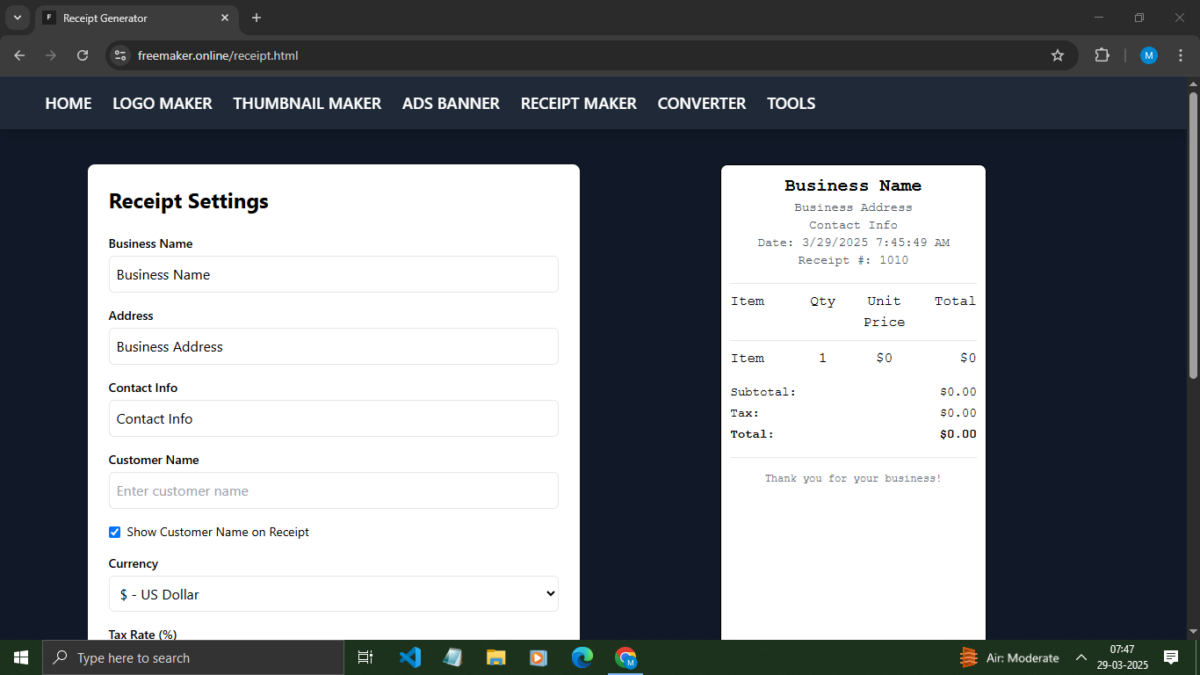How Quiet Is Quiet? Comparing Traditional vs. Battery Lawn Tools

The rhythmic hum of a lawnmower on a Sunday morning may once have been a symbol of neighborhood routine, but for many, it’s more of an intrusive roar than a comforting background sound. The conversation around noise pollution in residential areas is growing louder, ironically sparked by the machines that maintain our green spaces. At the heart of this discussion lies a comparison: how much quieter are modern battery-powered lawn tools compared to their traditional fuel-based counterparts?
As cities become denser and the push for sustainable living grows stronger, noise reduction has become a significant factor in choosing garden tools. Beyond just decibels, the impact of sound on our health, comfort, and even neighborhood harmony has made “quiet gardening” a practical and ethical consideration.
The Real Impact of Lawn Tool Noise
The World Health Organization classifies environmental noise as one of the top environmental threats to physical and mental health in urban environments. Prolonged exposure to sounds over 85 decibels can contribute to stress, sleep disruption, and cardiovascular issues.
Traditional fuel-powered lawn tools often operate in the 90–105 dB range. For context, that’s as loud as a motorcycle or a live concert. In contrast, most battery-operated tools fall between 60 and 80 dB, depending on the model. This difference may not seem dramatic on paper, but it’s the gap between tolerable background sound and an outright disturbance in real-life scenarios.
Battery-powered tools don’t just cut emissions; they also cut the noise. This shift makes them especially appealing to semi-urban and urban dwellers.
Comparing Decibels: Traditional vs. Battery Tools
Let’s break it down with some commonly used lawn equipment:
- Gas-powered lawn mowers: Typically produce 90–100 dB
- Battery-powered lawn mowers: Range between 65–75 dB
- Gas trimmers: Often reach 100 dB
- Battery trimmers: Average around 70–80 dB
The key point is that every 10 dB increase roughly doubles the perceived loudness. So, a 90 dB tool sounds twice as loud as an 80 dB one. Over time, this contributes to ear fatigue and environmental stress, especially for those using tools regularly.
After years of using a fuel-powered model, I experienced this difference when switching to a Farmio Sudarshan Brush Cutter. What struck me immediately wasn’t just the performance (which held up impressively) but the reduced noise footprint. I could hear birdsong in the background while trimming edges, a small but profoundly satisfying change.
The Source of the Sound
Traditional lawn equipment is louder for several reasons:
- Combustion engines generate high-intensity vibrations.
- Lack of insulation: Most machines aren’t designed with acoustic dampening in mind.
- Exhaust noise: The expulsion of gases through metal pipes creates additional volume.
In contrast, battery-powered tools use brushless motors, have fewer moving parts, and often include insulated casings or sound-dampening designs. They don’t require idling, which further reduces noise when the tool isn’t actively in use.
It’s Not Just About You – Noise and Community Well-Being
When we talk about quiet tools, we also talk about respectful gardening. Many municipalities now have ordinances regulating lawn equipment noise. In some parts of the U.S. and Europe, gas-powered blowers and mowers are banned during certain hours or entirely.
Choosing a quieter option isn’t just a personal decision; it’s a communal one. It helps preserve peace in neighborhoods, especially on mornings, weekends, or during work-from-home hours.
“Silence isn’t the absence of noise, it’s the presence of awareness, a space where nature speaks and we finally hear it.”
Health and Practical Benefits of Quieter Tools
Beyond the reduction in auditory irritation, quieter tools bring with them several indirect advantages:
- Reduced fatigue: Constant loud noise leads to quicker mental and physical exhaustion.
- No need for hearing protection: You can operate battery tools without earmuffs or earplugs.
- Improved focus: When you hear them, it’s easier to detect issues with your garden, pests, or irrigation systems.
- Better relationships: Fewer complaints from family or neighbors.
A 2022 study published in The Environmental Acoustics Review found that neighborhoods using electric or battery lawn tools reported 43% fewer noise complaints during summer than those using traditional equipment.
Changing the Soundscape of Urban Gardening
Urban green spaces aren’t just visual; they are also acoustic experiences. Traditional garden maintenance methods disrupt the sensory environment. A battery-powered mower or trimmer, on the other hand, fades into the background, allowing the natural ecosystem to reclaim its voice.
As part of the more significant movement toward green gardening, choosing quieter tools complements composting, organic fertilizing, and sustainable planting efforts.
The shift isn’t just technical – it’s cultural. More people are embracing tools that integrate into their environments rather than dominate them.
FAQs
Are all battery-powered tools quiet by default?
Not all. While most are significantly quieter than fuel tools, premium models often include better noise suppression. Always check the dB rating before purchasing.
Do quieter tools mean less power?
Not necessarily. Modern brushless motors deliver high torque with less noise. Many battery tools now rival gas models in performance, especially for home use.
Can battery-powered tools work for large lawns?
Yes, but ensure you choose models with extended capacity or interchangeable battery packs for uninterrupted use.
Is maintenance lower on battery tools?
Absolutely. No oil changes, no spark plugs, and fewer moving parts mean less upkeep and lower long-term costs.
The New Standard in Garden Comfort
Quiet gardening tools are no longer niche products; they’re quickly becoming the standard. Their ability to blend performance with comfort and sustainability with simplicity reshapes our expectations of what outdoor work should feel and sound like.
And the shift is happening fast. According to Consumer Reports’ analysis on electric lawn tools, more than 60% of first-time buyers in 2023 opted for battery-powered lawn mowers, citing reduced noise as a key reason.
As more users become aware of how sound influences their gardening experience, this silent revolution will grow louder.
Let Silence Be Your Garden Companion
Sometimes, what you do not hear in your garden is more important than what you do hear. The absence of exhaust noise, machine roar, and the peaceful assurance of a battery-operated tool hint at a future when our tools work with us rather than against our serenity.
Therefore, if you are still using a fuel-powered trimmer, it might be time to find out how quiet you are. With a wiser, softer sound, how much more might you enjoy your green space? If you allow stillness to inform your next decision, you might discover a stronger bond with your garden and the wider world.
Check out more Blogs:
10 Essential Nutrients for Better Fruit Setting in Farming








